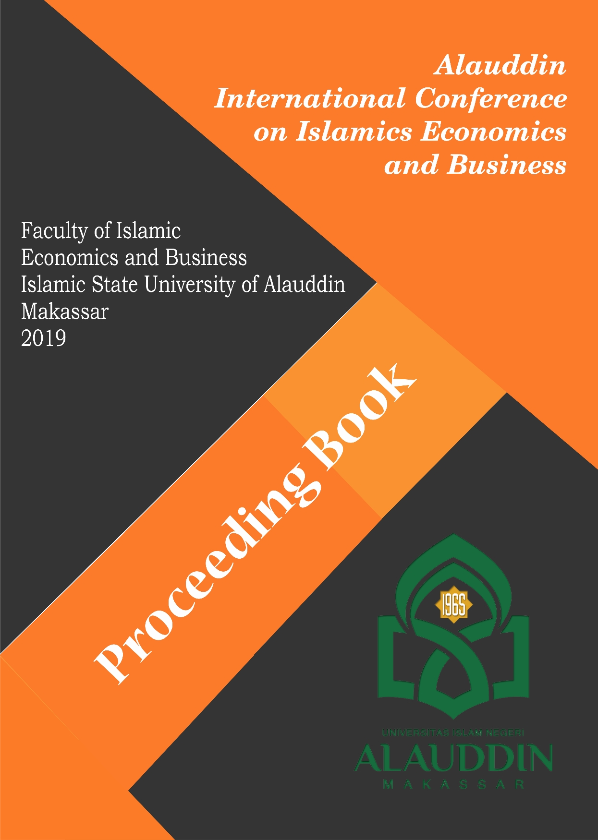THE OPTIMIZATION OF ISLAMIC PHILANTHROFY TO DEVELOP OF SMEs AT DOMPET DHUAFA REPUBLIKA FOUNDATION
Abstrak
Islamic philanthropy is one of the pillars in economic development. Islamic philanthropy consists of zakat, infaq, shadaqah and waqf. The asset turnover from the muzakki to mustahik aims to reduce poverty. Islamic philanthropy which is managed professionally through productive programs in the development of small and medium micro enterprises is expected to be able to transform mustahik to be muzakki. Republika Dompet Dhuafa Foundation as one of the national amil zakat institutions that has an economic development program is expected to be able to develop small and medium micro businesses in Indonesia. The method used in the research is descriptive qualitative method, which describes the source of fundraising and distribution of ZISWAQ at the Dompet Dhuafa Republika Foundation.
##plugins.generic.usageStats.downloads##
Referensi
Atabik, Ahmad. 2015. Peranan Zakat Dalam Mengentaskan Kemiskinan. Jurnal ZISWAF.Vol. 2 N0. 2. h. 340
Filantropi Dalam Perspektif Islam. www.republika.co.id. diakses tanggal 28 Juli 2019 pukul 14.49 Wita
Filantropi Islam Dorong Pertumbuhan Ekonomi Riil, www.uii.ac.id, diakses tanggal 28 Juli 2019 Pukul 14.56 Wita
Hafidhuddin, Didin. 1998. Panduan Praktis Tentang Zakat, Infak, dan Sedekah. Jakarta: Gema Insani. Cet. I. h. 13
Hafidhuddin, Didin & Ahmad Juwaini. 2007. Membangun Peradaban Zakat. Ciputat: Divisi Publikasi Institusi Manajemen Zakat. Cet. I. h. 3
Muhammad, 2007. Aspek Hukum Dalam Muamalah. Yogyakarta: Graha Ilmu. h. 153
Sukardi. 2012. Metodologi Penelitian Pendidikan dan Kompetensi dan Praktiknya. Jakarta: Bumi Aksara. h. 86
Undang-Undang Republik Indonesia Nomor 41 Tahun 2004 Tentang Wakaf
Undang-Undang Republik Indonesia Nomor 20 Tahun 2008 Tentang Usaha Mikro, Kecil, dan Menengah
Undang-Undang Republik Indonesia Nomor 23 Tahun 2011 Tentang Pengelolaan Zakat
www.dompetdhuafa.org, diakses tanggal 28 Juli 2019 pukul 14.19 Wita

